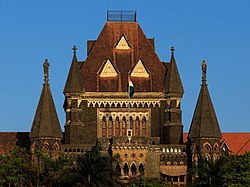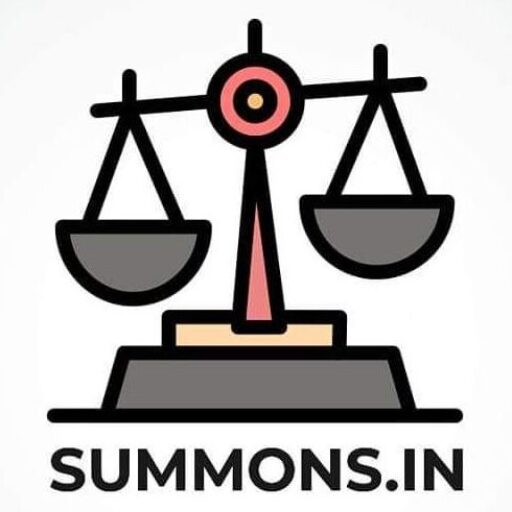
Personality Rights in Bollywood
The case of Karan Johar vs. India Pride Advisory Pvt. Ltd., decided by the Bombay High Court on March 7, 2025, is a landmark judgment in the realm of personality rights and celebrity protection in India. The case revolved around the unauthorized use of Karan Johar’s name in the title and promotional materials of a film titled Shaadi Ke Director Karan Aur Johar. The court’s decision highlights the growing recognition of personality rights in India and the legal protections available to celebrities against the misuse of their names and reputations for commercial gain.
Facts of the Case
Karan Johar, a renowned filmmaker, producer, and television personality, filed a lawsuit against India Pride Advisory Pvt. Ltd. and others for using his name in the title of their film, Shaadi Ke Director Karan Aur Johar. The film’s title and promotional materials prominently featured the names “Karan” and “Johar,” which Johar argued were directly associated with his identity and brand. The film’s plot involved two characters named “Karan” and “Johar” who aspire to become Bollywood directors, further reinforcing the connection to Johar’s real-life persona.
Karan Johar claimed that the use of his name without his consent was a violation of his personality rights, publicity rights, and right to privacy. He argued that the film’s title and content were designed to ride on his goodwill and reputation, which he had built over decades in the entertainment industry. The film was scheduled for release on June 14, 2024, and Johar sought an interim injunction to prevent its release until the title and references to his name were removed.
Key Legal Issues
- Personality Rights and Publicity Rights:
The court examined whether Karan Johar’s personality rights and publicity rights were violated by the unauthorized use of his name in the film’s title and promotional materials. Personality rights protect an individual’s right to control the commercial use of their name, image, and other personal attributes. The court referred to several precedents, including D.M. Entertainment Pvt. Ltd. vs. Baby Gift House and Anil Kapoor vs. Simply Life India, which recognized the right of celebrities to protect their names and personas from unauthorized commercial exploitation. - Informed Consent and Commercial Exploitation:
The court emphasized that celebrities like Karan Johar have the right to control how their names and personas are used commercially. The defendants argued that the names “Karan” and “Johar” were used separately and referred to two different characters in the film. However, the court found that the conjoint use of the names, along with references to Bollywood and film making, created a direct association with Karan Johar in the minds of the public. - CBFC Certification and Personality Rights:
The defendants argued that the film had been certified by the Central Board of Film Certification (CBFC) and that the court should not interfere with its release. The court, however, held that CBFC certification does not absolve the defendants of liability for violating personality rights. The CBFC’s role is limited to evaluating the film’s content for public decency and morality, not for assessing violations of personal rights or intellectual property. - Disclaimers and Remedies:
The defendants offered to add a disclaimer stating that the film had no connection to Karan Johar. The court rejected this proposal, stating that a mere disclaimer would not suffice to protect Johar’s personality rights. The court cited the Delhi High Court’s decision in Hamdard National Foundation vs. Hussain Dalal, where the use of a brand name in a film was restricted despite the presence of a disclaimer.
Court’s Decision
The Bombay High Court ruled in favor of Karan Johar, granting an interim injunction restraining the defendants from using his name in the film’s title, trailers, and promotional materials. The court held that Johar’s name had acquired a distinctive brand value and that its unauthorized use amounted to a violation of his personality and publicity rights. The court also rejected the defendants’ argument that the addition of the word “Aur” (meaning “and”) between “Karan” and “Johar” was sufficient to avoid confusion, noting that the public would still associate the title with Karan Johar.
The court emphasized that celebrities have the right to protect their names and personas from unauthorized commercial exploitation, especially when such use could harm their reputation or goodwill. The court’s decision reinforces the growing recognition of personality rights in India and sets a precedent for future cases involving the misuse of celebrity names and identities.
Conclusion
The Karan Johar vs. India Pride Advisory Pvt. Ltd. case is a significant milestone in the protection of personality rights in India. The judgment underscores the importance of respecting the commercial value of a celebrity’s name and persona and highlights the legal remedies available to individuals whose rights are violated. For celebrities like Karan Johar, whose names are synonymous with their brand and reputation, this case serves as a powerful reminder of the legal protections available to safeguard their identity and goodwill.
#PersonalityRights #CelebrityRights #KaranJohar #Bollywood #IntellectualProperty #PublicityRights #LegalAnalysis #BombayHighCourt #CBFC #FilmIndustry #BrandProtection #IndianLaw #EntertainmentLaw #Judgment2025
Edited & Reveiwed by
9891800100
